When thinking about mental health, a community that is often forgotten is the Asian American community. With the rise of the pandemic, many in the Asian American community are seeking mental health services more than ever. However, the cultural backgrounds that many Asian Americans have, hold extreme negative stigma that may dissuade Asians to seek out help. As clinicians, we must be aware and sensitive to this population and move forward with compassion and understanding.
My Experience as an Asian American
I personally grew up in an Asian American household. As I grew up, I was consistently told not to express my feelings and to work hard when difficult emotions arose. I constantly pushed down any feelings of anxiety or sadness and made sure success was my number one priority. Mental health was never talked about in my family.
As I left for college, I quickly realized that I was not alone. Many of my Asian American classmates told me they had similar experiences. I made two conclusions based off of my conversations: One, mental health is never addressed in an Asian American household. Two, Asian Americans often experience extreme pressure to succeed.
In an article by Zhou et al, API young and emerging adults “underutilize service relative to their level of need” (Zhou, 8). It seems that Asian Americans are often not seeking help for their mental health problems, as their upbringing conditions them to believe that seeking help is considered “weak.” “In many Asian societies with cultural traditions that prioritize social conformity and harmony, mental illness is often associated with unacceptable deviancy and shame” (Chu and Sue 2011; Zane and Yeh 2002).
COVID and Racism
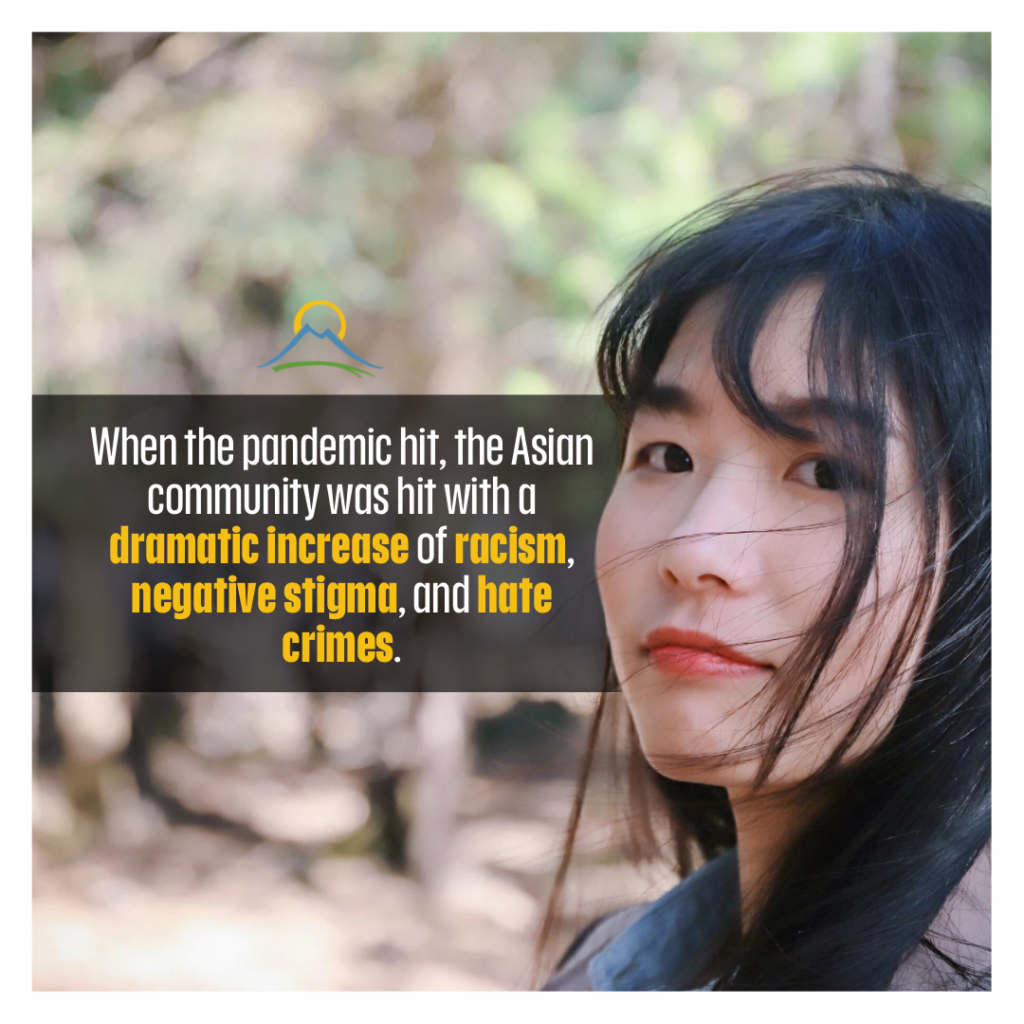
When the pandemic hit, the Asian community was hit with a dramatic increase of racism, negative stigma, and hate crimes. “In Spring 2020, 22% of API students experienced COVID-related discrimination or hostility (25% in Fall 2020). COVID-related discrimination or hostility was associated with greater odds of meeting the criteria for one or more clinically significant mental health conditions” (Zhou, 9).
With the rise of hate against the Asian community, the need for mental health services increased dramatically. However, as stated before, API young and emerging adults are underutilizing services. As the need rises, our ability to provide well-informed, compassionate care is crucial. Clinicians must be knowledgeable and sensitive to what is happening to the Asian community. Limited English proficiency may also prove to be a barrier to services. A need for Asian-language speaking therapists are at an all time high.
If you are seeking Asian American mental health resources around the topic of racism and AAPI hate, the Stop AAPI Hate coalition has some great options to look at: https://stopaapihate.org/resources/
Asian American Students
Asian American students is one population that we should be particularly conscious of. “Numerous studies have shown that Asian American college students are more likely than White American students to have had suicidal thoughts and to attempt suicide” (Wong et al. 2014). This is evidence that clearly shows that Asian Americans may face the same challenges as their white counterparts, yet may require more mental health services.
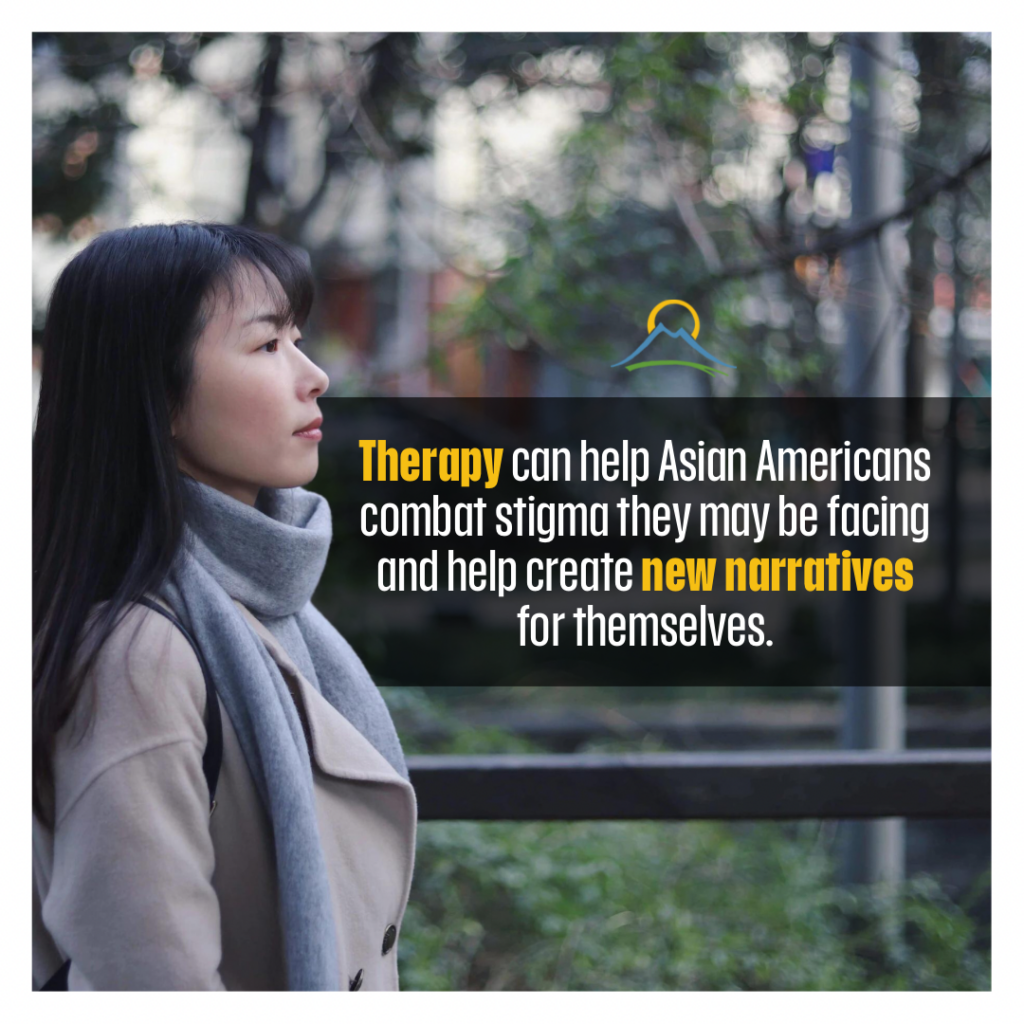
Therapy can be a great resource for Asian Americans who face hate and racism, or those who have internal narratives that might not be benefiting them. Therapy can help by creating more self-awareness, mindfulness, and can help individuals ground themselves. Therapy can help Asian Americans combat stigma they may be facing and help create new narratives for themselves. A narrative approach to therapy may be a great starting point when searching for therapists who practice it. A mindfulness approach may also work as well.
When thinking of mental health, Asian Americans are unfortunately often overlooked. Counselors must be conscious of providing services to ALL humans, especially ones in the Asian community. Being knowledgeable and sensitive to cultural backgrounds is crucial, as the differences in upbringing compared to white counterparts may be extremely different. If you are a part of the Asian community and are in search of mental health services, please reach out for help. The stigma that “needing help is weak” is outdated and irrelevant. You deserve to be heard and feel great.
References
- Sue, S., Cheng, J. K., Saad, C. S., & Chu, J. P. (2012). Asian American Mental Health: A call to action. American Psychologist, 67(7), 532–544. https://doi.org/10.1037/a0028900
- Wong, Y. J., Brownson, C., & Schwing, A. E. (2011). Risk and protective factors associated with Asian American Students’ Suicidal Ideation: A multicampus, National Study. Journal of College Student Development, 52(4), 396–408. https://doi.org/10.1353/csd.2011.0057
- Zhou, S., Banawa, R., & Oh, H. (2021). Stop Asian hate: The Mental Health Impact of racial discrimination among Asian Pacific Islander Young and emerging adults during COVID 19. Health Services Research, 56(S2), 8–9. https://doi.org/10.1111/1475-6773.13723
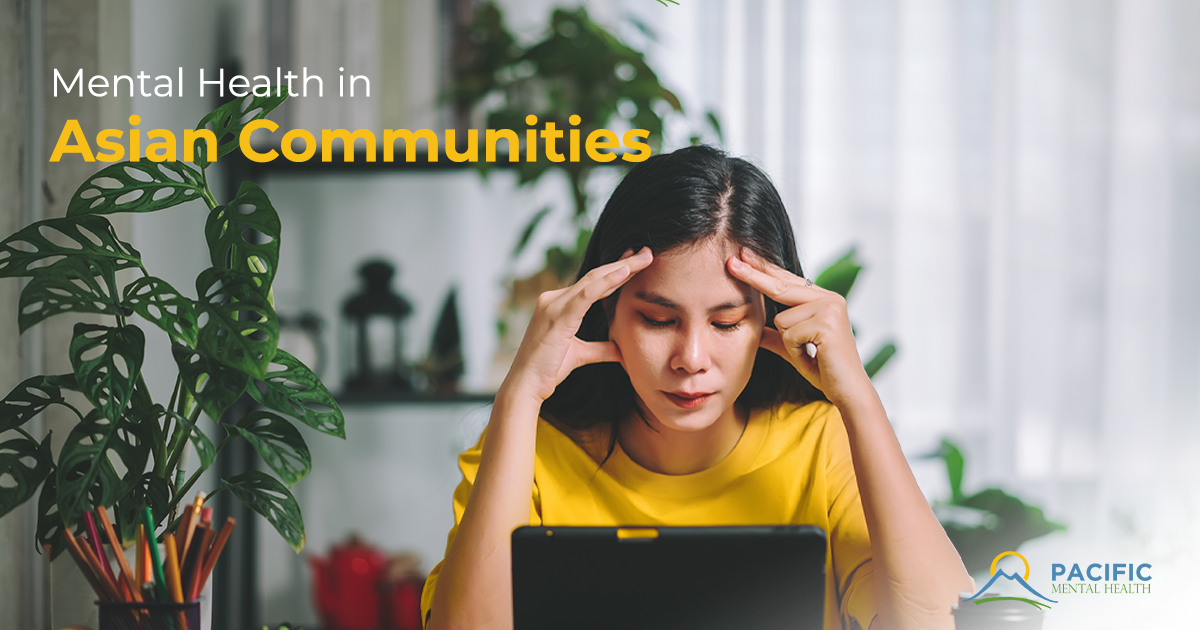

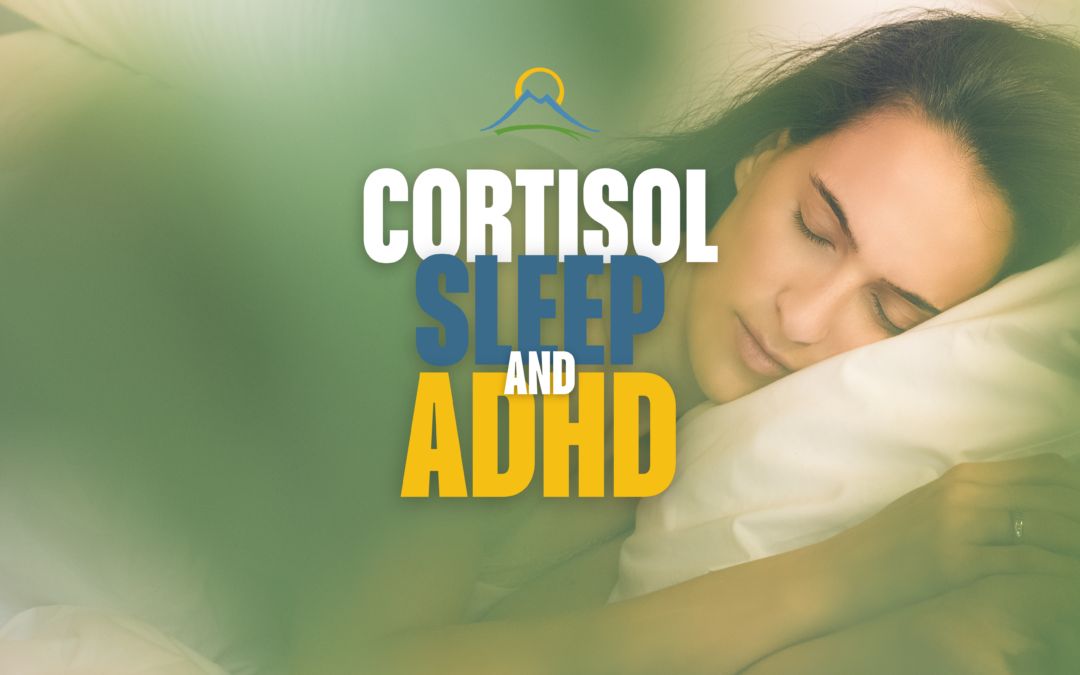
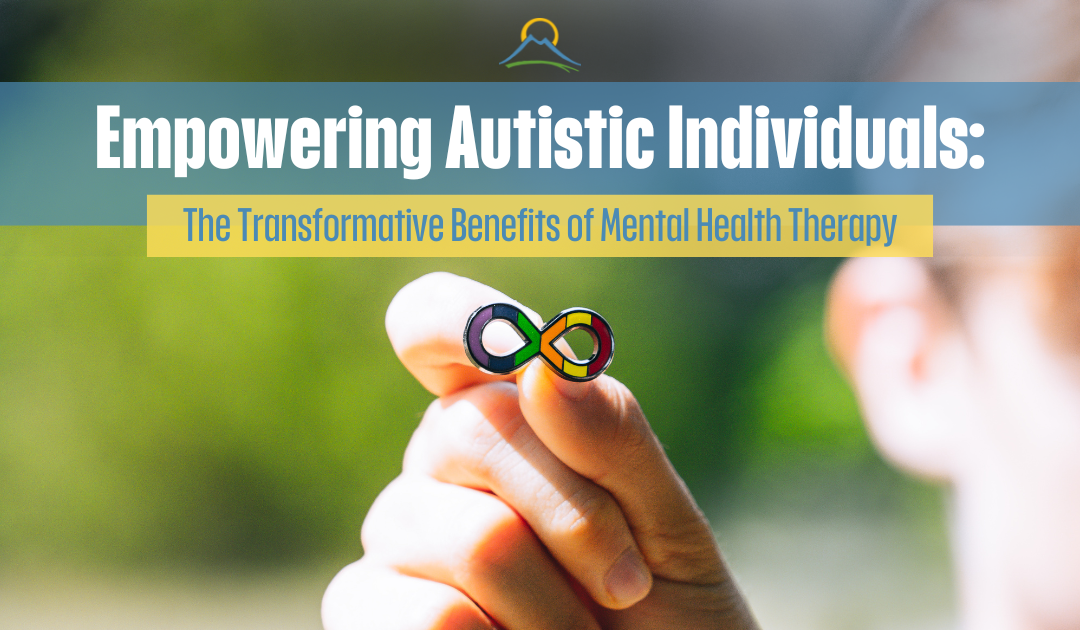


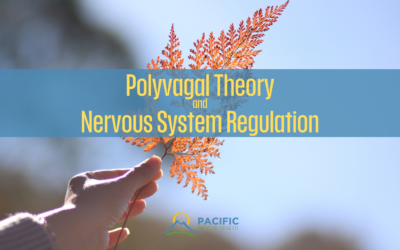
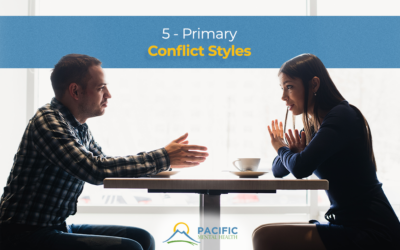

0 Comments